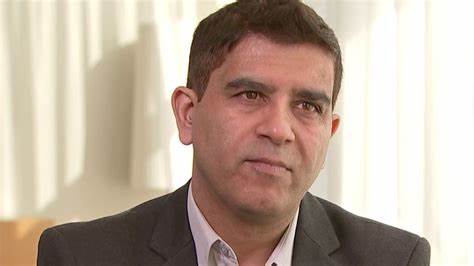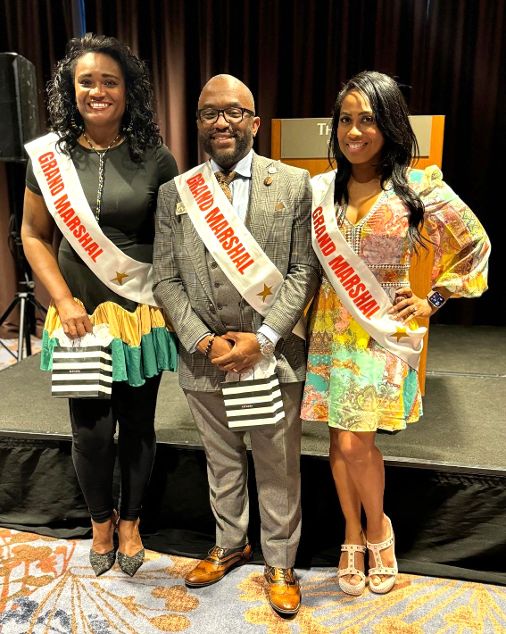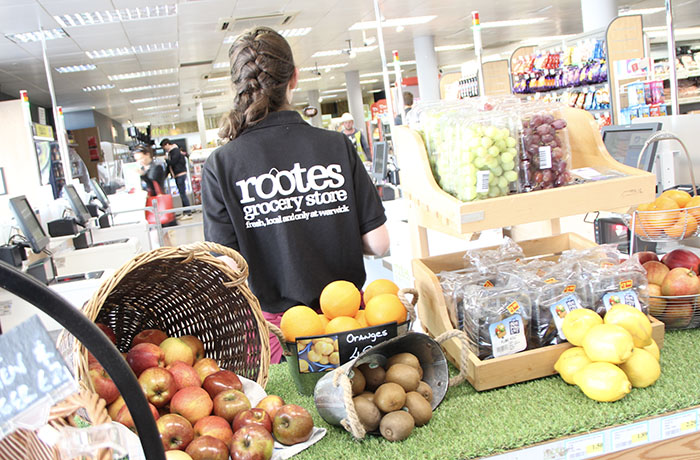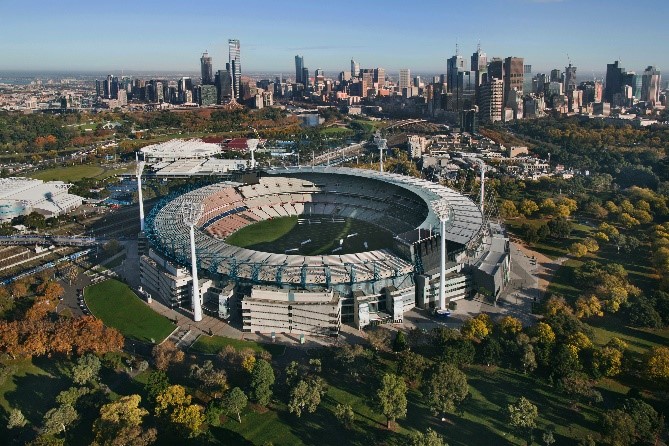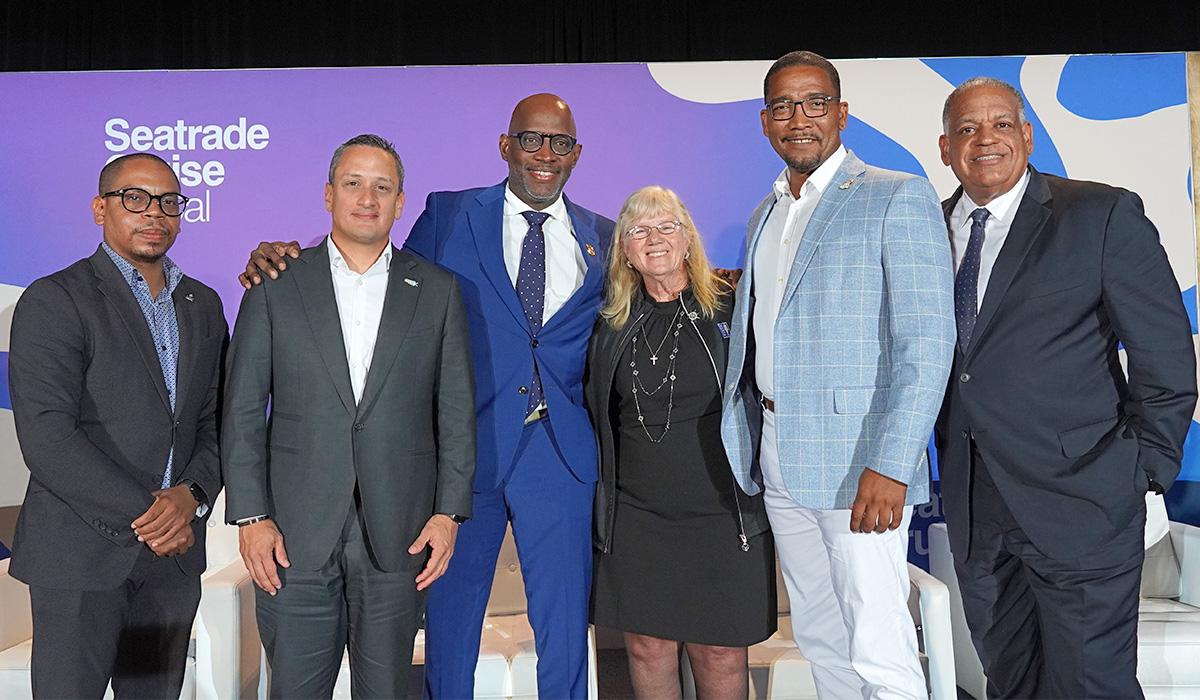Despite the bounceback for retail following the first nationwide lockdown, interest in Black Friday has fallen dramatically since the closure of non-essential shops, according to research from PwC. Just 36% of West Midlands consumers are either interested or planning to buy something in the Black Friday sales, compared to 56% last year.
Before lockdowns were announced in England and Wales, Black Friday spending in the UK was estimated to increase by 8% to £8.4bn this year. However, a major shift in enthusiasm for the event means overall Black Friday spending will instead decline by 20%, from £7.8bn in 2019 to £6.2bn this year.
Interest in spending on Black Friday has fallen the most amongst 18-25 year olds, from 82% to 44%. In fact, 25-34 year olds are now more likely to be shopping over Black Friday than under 25s, who had been the keenest age group before the English lockdown was announced.
Given the closure of non-essential physical stores in England and COVID-19 restrictions across the UK, it’s no surprise that this year, 81% West Midlands consumers expect to do their Black Friday shopping online. This acceleration in the move to online shopping for Black Friday is mirrored by a shift across wider retail this year.
As online shopping increases again in lockdown 2.0, retailers and delivery companies already stretched to capacity will face huge logistical challenges. However, one difference in restrictions in this lockdown is that non-essential retailers may offer click and collect services and this is expected to account for 8.5% of Black Friday spending in the West Midlands, with highest interest amongst 25-34 year olds (15%).
Promisingly, (41%) consumers in the West Midlands interested in Black Friday will spend more than last year. For these consumers, forced savings from cancellation of holidays and going out less are being redirected into retail.
Almost a third of people surveyed (32%) in the West Midlands, said they would be doing more of their Christmas shopping over the Black Friday sales this year. This is as much a result of concerns about the ability to get to shops, avoiding crowds or receiving timely deliveries in December, as it is about wanting to secure a bargain.
As in previous years, the survey also found a gender divide in habits on Black Friday, with men intending to spend over 50% more than women, reflecting their interest in big ticket electrical and technology items. Women are more likely to be looking for Christmas presents and health and beauty products, which this year overtook fashion amongst their top 3 sale shopping categories.
Sarah Phillips, Retail & Consumer Leader at PwC in the Midlands, said;“Black Friday continues to be a critical sales period for many retailers, and an integral part of promotional activity in the run up to Christmas. Lockdown 2 could not have come at a worse time, as retailers were beginning to get back on their feet and recoup losses from earlier in the year. With the outlook to Christmas uncertain, retailers will be fighting for every pound of consumer spend over Black Friday, whilst hoping that the restrictions don't last beyond 2nd December.
“However, we know that consumers are resilient and there is no doubt they will return to shops, as we saw when the first lockdown was lifted and when the firebreak lockdown ended in Wales. In the meantime, retailers who can continue to prove their adaptability and reliability in responding to customers needs will benefit. For example, operating click and collect services on Black Friday is a key difference for this lockdown and will be a saving grace for some. Being accurate on stock availability and delivery times will be rewarded.
“Recent announcements of new vaccines’ being developed will help lift the nation’s mood and so it’s still all to play for in December and much opportunity for the nimble retailers to pick up sales.”



